The United Nations, commemorating its 80th year, stands at a critical juncture where its credibility and utility as a cooperative institution to enforce world peace and welfare are under intense scrutiny. Ongoing conflicts and the resolve of major powers to bypass the UN have the potential to alter how world politics and international relations have been understood since the Second World War. The layered global challenges and shifting geopolitical landscapes point to a pressing need for comprehensive reforms within the UN. India’s rising global stature also demands that its place and influence within the United Nations ecosystem be realigned commensurately.
Achievements and a Gritty Present
Since its foundation in 1945, with only 51 member states, the UN has embodied the world’s collective hope for peace, security, and cooperation, expanding over time to encompass 193 member countries. The organisation’s achievements—de-escalating wars, peacekeeping, facilitating decolonisation, debating a New International Economic Order, debating globalisation, ensuring due participation of Global South issues, championing human rights, warning the world about impending environmental catastrophe, combating poverty, and coordinating humanitarian efforts, and above all surviving the intense rivalry of the two superpowers and transitioning the post-Cold War order to a relatively peaceful world—remain significant milestones. Yet, the current decade exposes structural cracks as the UN faces persistent global conflicts (Ukraine, Sudan, Gaza), rising geopolitical tensions, economic downturns, resurgent unilateralism, and a crisis of multilateralism.
Budget constraints further limit its operational capacity, with major powers like the US sometimes withholding funding or withdrawing from key agencies, undermining the spirit of collective global stewardship. These trends exacerbate perceptions of UN inefficiency and question its relevance, especially when its Security Council often appears gridlocked due to the veto-wielding powers of the P5.
Rationale and Imperative for UN Reform
The call for reform is not new but has assumed unparalleled urgency as the UN turns eighty. Today’s world is starkly different from 1945—the global economy is over twelve times larger, and international financial structures still bear the legacy of colonial divisions. Newer challenges, such as the climate crisis, technological shifts (AI, cyber threats), widening inequalities, and cross-border health emergencies, test the resilience of international institutions in ways the founding fathers never envisaged.
Impact Shorts
More ShortsKey reasons underpinning the urgency for reform include:
Outdated Structures: The Security Council’s composition does not reflect current global realities, diminishing the legitimacy and credibility of its actions.
Global Disparities: The institutional imbalance leaves developing nations grappling with debt and unequal representation.
Technological and Geopolitical Shifts: Technological advances and new power centres expose the inadequacies of a post-WWII framework.
Legitimacy Crisis: Decision-making must echo the collective will, not just the interests of a select few.
The UN80 Initiative: Blueprints for Change
Secretary-General António Guterres has launched the UN80 Initiative—a broad reform agenda structured around efficiency, accountability, and modern relevance. The initiative has three core pillars:
Enhancing Efficiency: Cutting bureaucratic red tape, streamlining Secretariat management, and relocating certain functions to lower-cost stations.
Mandate Rationalisation: Reviewing and prioritising thousands of outdated resolutions for greater focus and impact.
Structural Realignment: Possible mergers of agencies, reduced duplication, and innovative collaboration strategies, including creating technology accelerators and pooling expertise through knowledge hubs.
Proposals also aim at coherence across the UN’s three pillars—peace and security, development, and human rights—by consolidating offices, strengthening back-office functions, and reinforcing system-wide funding and training.
However, more profound transformation—such as Security Council reform—rests with member states, making global consensus a challenging but necessary prerequisite.
India’s Evolving Role and Stature
India is a major proponent of multilateralism, seeking reforms that acknowledge new centres of power and population. Its advocacy for an expanded Security Council is backed by a coalition including Germany, Japan, and Brazil (the G4), along with broad segments of the Global South. Opposition from a few, notably China, has stalled progress, but India’s rise is visible in multiple spheres:
Peacekeeping Leadership: India has contributed nearly 290,000 peacekeepers to over 50 UN missions, consistently ranking among the top troop-contributing nations.
Development and Humanitarian Leadership: India’s domestic development initiatives (Cleanliness Campaign, Health for All, universal literacy, child and maternal health, etc.) closely align with the UN Sustainable Development Goals (SDGs). Its vaccine outreach during the Covid-19 pandemic aided over 100 countries. India has also proactively assisted nations during natural disasters such as earthquakes, floods, and tsunamis.
Championing the Global South: India actively supports South-South cooperation—funding development projects in nearly 70 countries. Its voice resonates in advocating reforms to bridge global inequalities and empower developing nations within the UN framework.
India’s pragmatic diplomacy—balancing multi-alignment, democratic values, and humanitarian outreach—uniquely equips it for a larger leadership role in shaping the UN’s architecture.
Challenges to Reform
Despite widespread acknowledgement of the UN’s limitations, realising meaningful reform is fraught with obstacles:
Entrenched Interests: The P5 nations’ veto and regional dynamics perpetuate the status quo.
Geopolitical Rivalry: Renewed great-power competition between the US, China, and Russia paralyses consensus-building within crucial UN organs.
Resource Constraints: Budget cuts and donor fatigue reduce operational agility, pressurising cost-effective reforms while risking diminished capacity.
Institutional Inertia: Deep-seated bureaucracy impedes rapid adaptation, even as global change accelerates.
Yet, the UN’s ability to adapt remains vital for “We the Peoples.” Proposals for agency mergers, creation of technology hubs, leaner peace operations, and greater regional integration must be paired with transparent accountability and the resolve to push beyond symbolic change.
India’s Aspirations, Global Priorities
India’s growing voice for reform aligns with the larger transformation envisioned by the UN80 Initiative. As the world’s largest democracy and a rising economic powerhouse, India’s full and equitable representation at the topmost bodies—the Security Council foremost among them—can inject credibility and energy into the UN.
India’s diplomatic engagement, record on peacekeeping, South-South development partnerships, and active norm entrepreneurship position it as both a claimant and a natural steward of a reinvigorated, multipolar multilateralism. If acknowledged through institutional elevation, its leadership on global health, climate negotiations, and technology-enabled development could bridge longstanding divides and inspire greater trust in the UN system.
Conclusion
As the United Nations marks 80 years, it faces the gravest tests in its history, from great-power rivalries and financial strain to legitimacy crises rooted in an unchanged post-war architecture. The UN80 Initiative, while ambitious, must move from rhetoric to results—requiring boldness from all member states, including those reluctant to dilute entrenched privileges.
For India, the moment is opportune. Its persistent advocacy for reform, substantive contributions across peace, development, and humanitarian lines, and growing international influence should translate to an appropriately enhanced role within the United Nations. Only through urgent, sincere, and wide-ranging reform—paired with the meaningful inclusion of emerging powers like India—can the UN remain relevant and practical in the decades ahead.
Amitabh Singh teaches at the School of International Studies, JNU, New Delhi. Views expressed are personal and solely those of the author. They do not necessarily reflect Firstpost’s views.


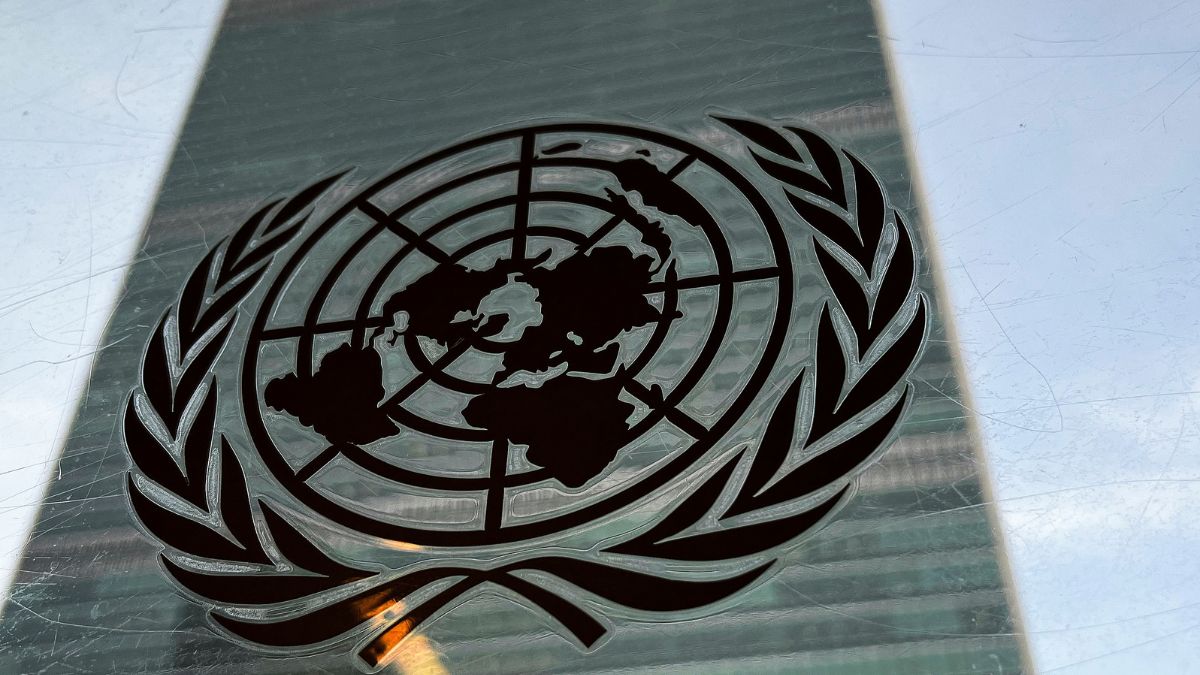)

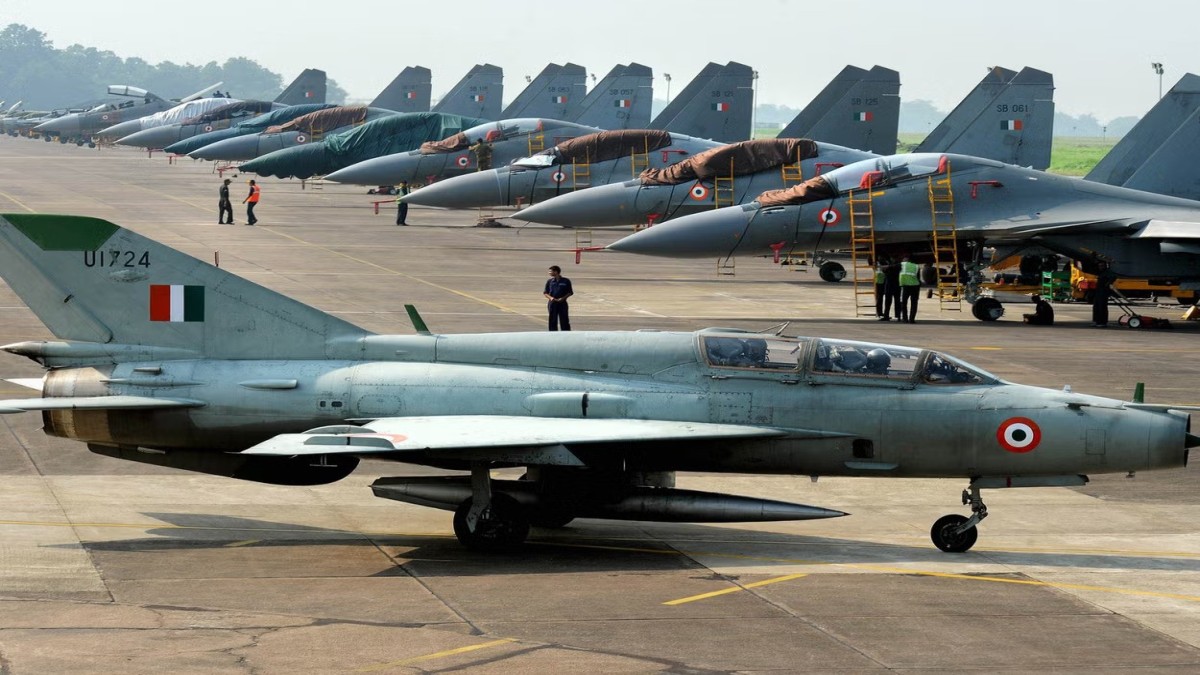)
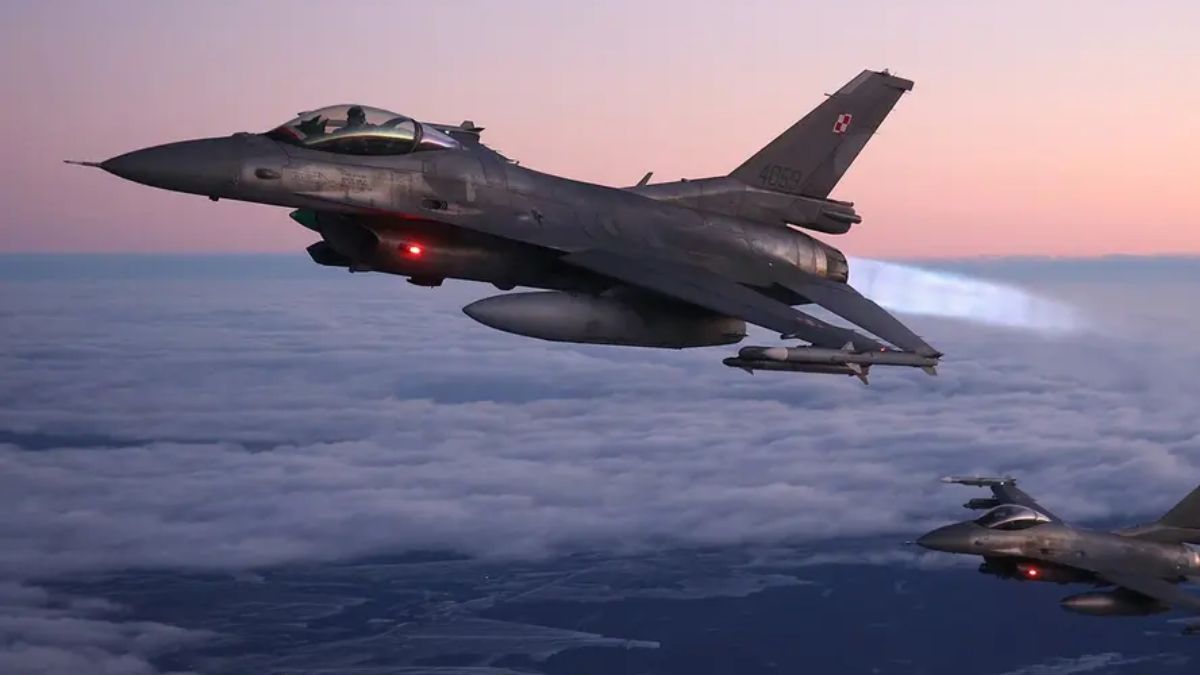)
)
)
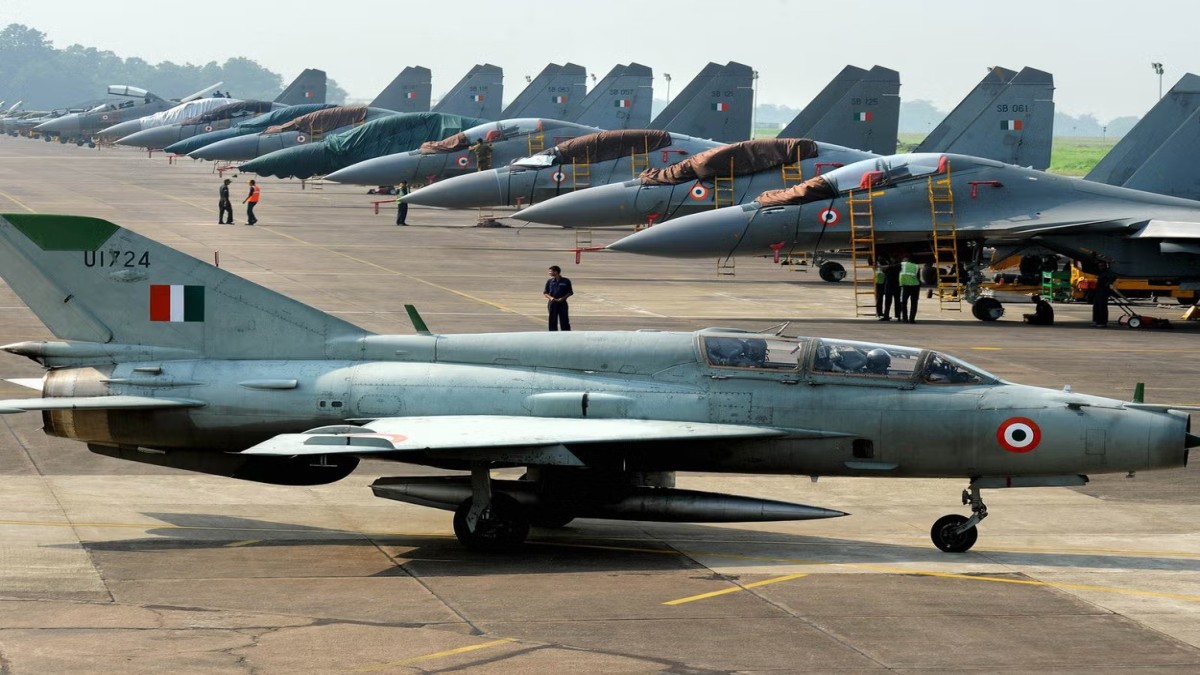)
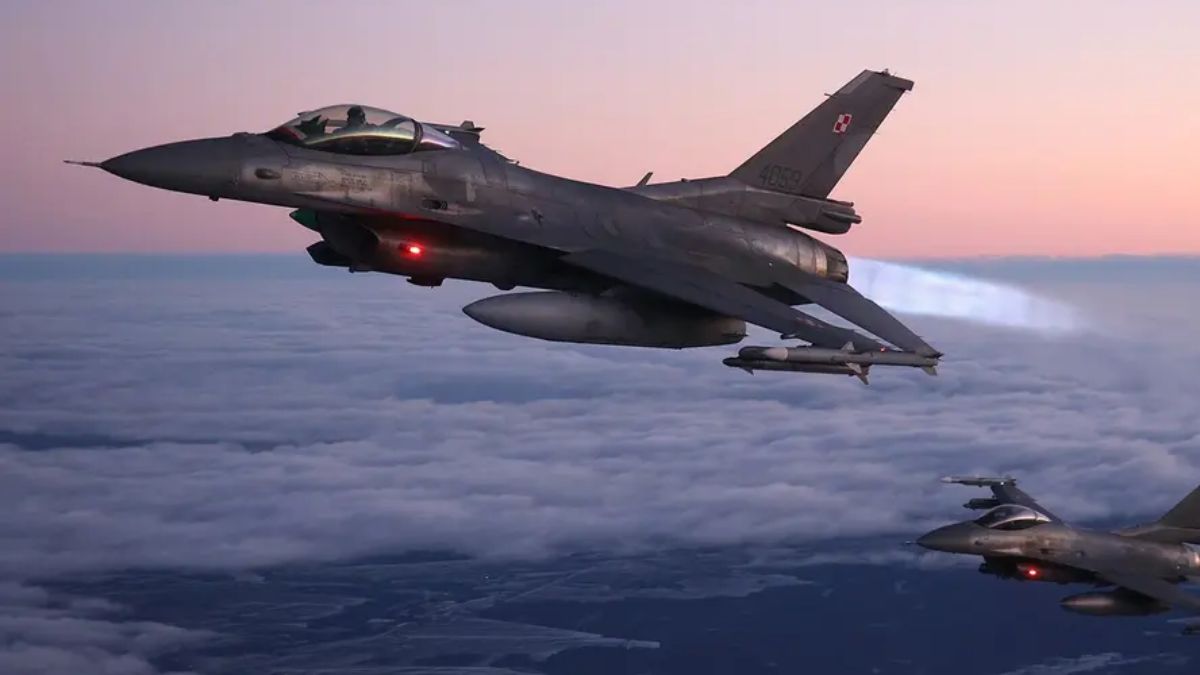)
)
)



